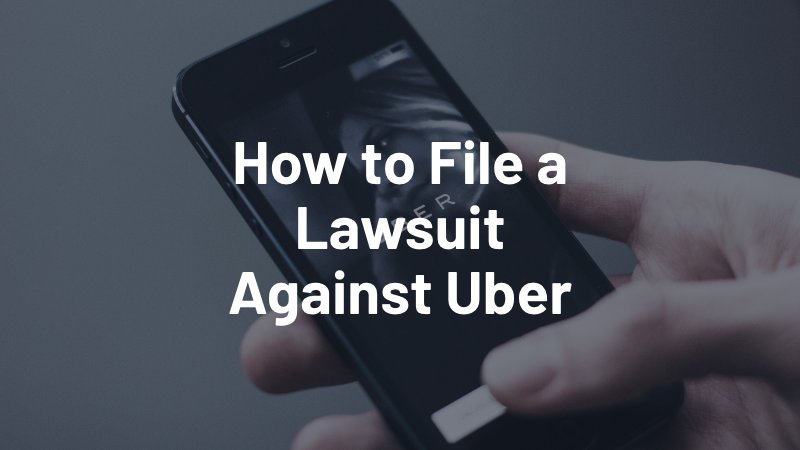Taking legal action against a multi-billion-dollar corporation like Uber can feel overwhelming, especially when you’re already dealing with serious trauma. Successfully pursuing an Uber lawsuit requires careful preparation, thorough documentation, and strategic timing.
While the path ahead may seem complex, knowing what to expect can help you avoid common pitfalls and position your case for the best possible outcome. Here is what you need to know about filing a lawsuit against the rideshare giant.
When Is Uber Liable for Its Drivers?
Here is where filing an Uber lawsuit can get complicated. Uber classifies its drivers as independent contractors instead of employees. They do this partly to avoid liability when accidents and assaults happen; under the legal concept of vicarious liability, employers are liable for the actions of their employees while they are on the job, but they are not responsible for the actions of contractors. But do not let this discourage you.
Court decisions have established clear situations where Uber must take responsibility for any harm that its drivers cause. For example, Uber can face liability for negligent hiring practices that put passengers at risk, such as failing to conduct background checks. The driver might have had a suspended license, serious driving violations, or a criminal record that Uber missed during the initial background check.
Additionally, the company may be held accountable for systemic safety failures that contribute to passenger injuries or sexual assault. If internal problems or lack of oversight contributed to the harm that you experienced, such as issues with its safety tools, screening process, or how it handles accidents or assault reports, you could likely sue the company. An Uber lawsuit attorney can assess your claim and determine whether you have grounds to pursue a claim against the corporation.

How to Initiate a Lawsuit Against Uber
Filing a lawsuit against Uber follows a specific process that you will need to complete correctly and on time within the statute of limitations. An attorney can support you through each step:
- First, gather all documentation related to your incident, including police reports, medical records, witness statements, and any communication with Uber or the driver. These documents create the foundation of your case and help establish liability.
- Next, your attorney will draft a formal complaint that outlines the legal basis for your lawsuit, including how Uber’s actions or negligence led to your injuries. The complaint must detail your damages, including medical expenses, lost wages, pain and suffering, and any other losses you have experienced.
- After filing the complaint with the appropriate court, your attorney will have Uber formally served with the lawsuit. Uber then has a specific timeframe, typically 30 days, to respond to your complaint.
- Your lawyer will also begin the discovery process, requesting internal documents and information from Uber that could support your claims. They may also participate in negotiations with Uber’s legal counsel while preparing your case for trial.
Start Your Legal Claim with Estey & Bomberger, LLP
Taking legal action against Uber can seem overwhelming, but you do not have to navigate this process alone. Estey & Bomberger, LLP has the experience, resources, and knowledge to guide you through every step of your lawsuit.
Our nationwide rideshare lawyers know exactly what it takes to build a strong case against Uber and will handle all aspects of your claim while you focus on recovery. Contact us at (800) 260-7197 for a free consultation and let our attorneys fight for you.
